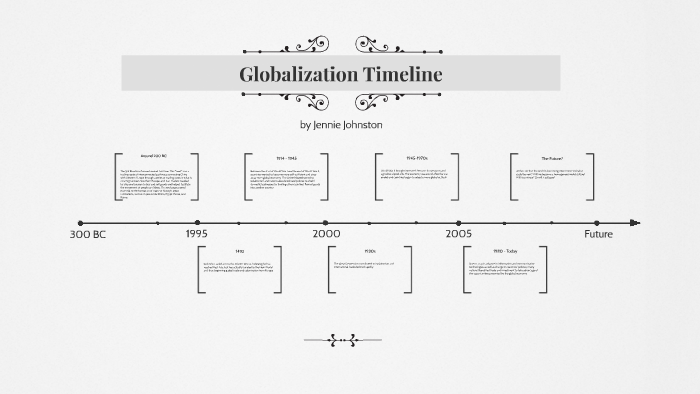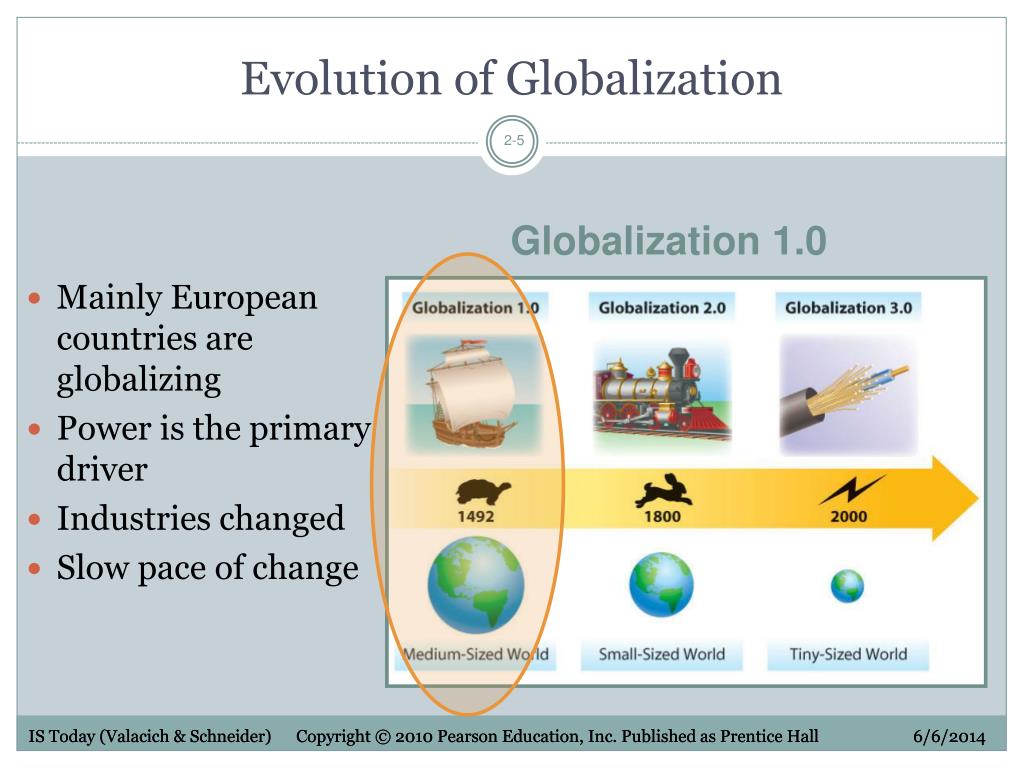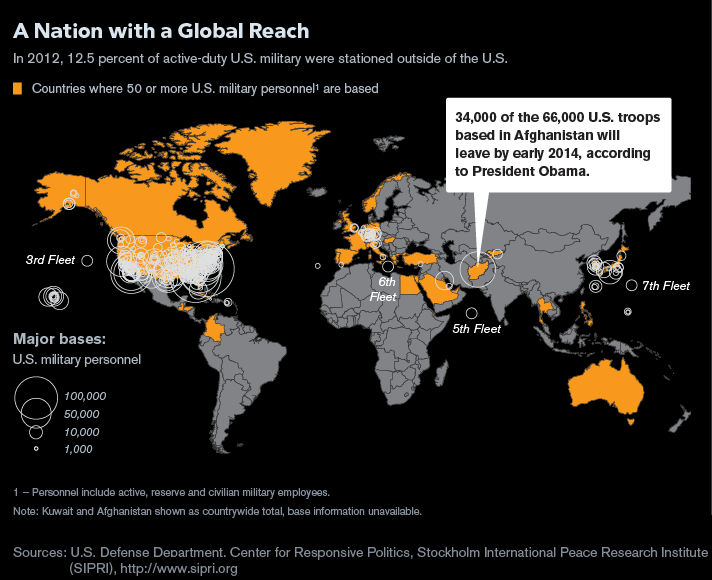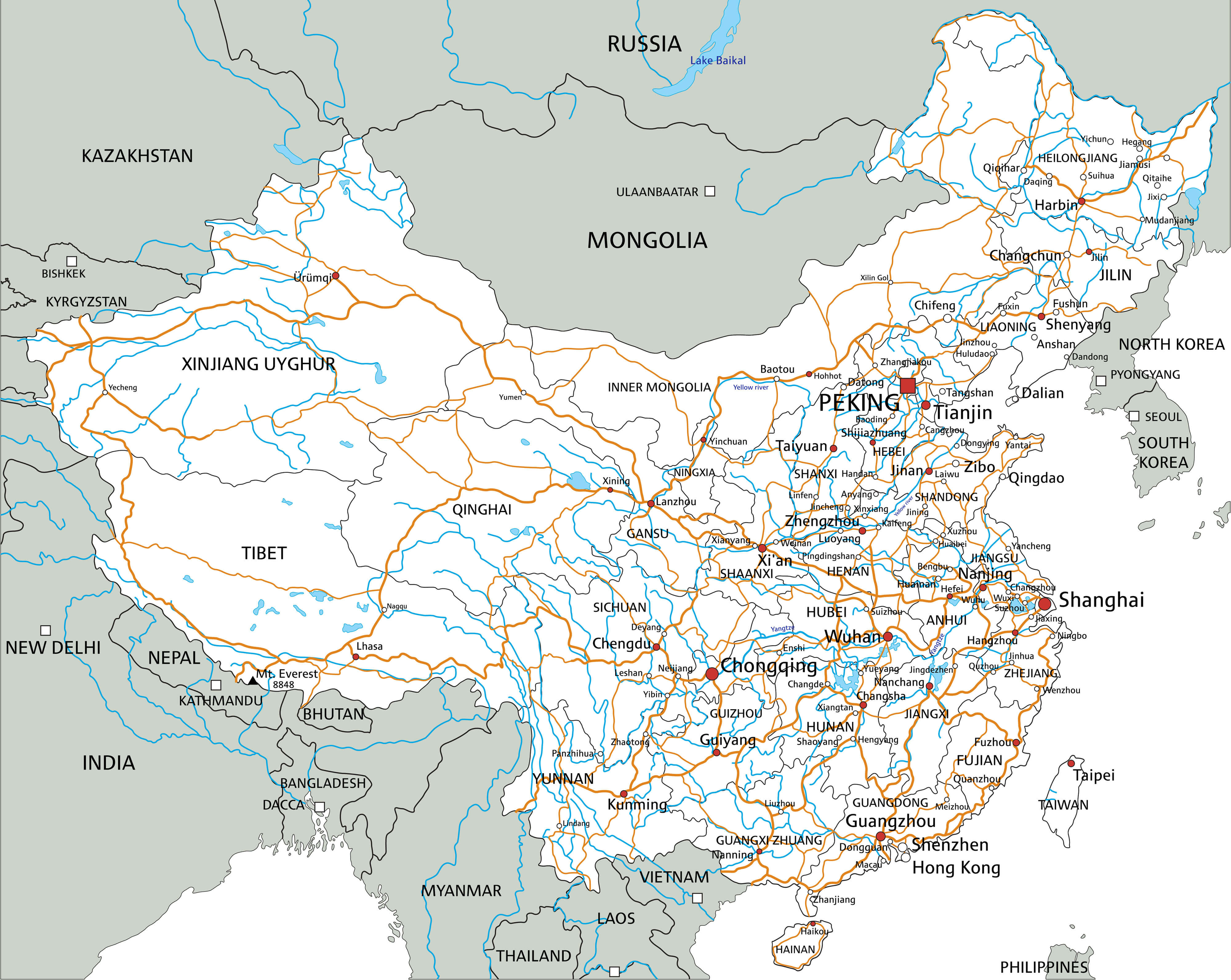The Complex Drivers of Globalization
Globalization is a multifaceted process driven by a variety of interconnected economic, technological, and societal factors. At its core, globalization expands opportunities for international trade, investments, and cultural exchanges between countries around the world. However, it is important to recognize that globalization is neither inherently “good” nor “bad”, but rather a complex phenomenon with both benefits and challenges that need to be carefully managed.
Expanding Markets and Economies of Scale
For many multinational corporations and businesses, globalization allows access to larger consumer markets and production facilities across borders, enabling greater economies of scale. This drives down costs and prices for consumers worldwide. It also creates opportunities for growing export industries and jobs in developing countries. However, the relocation of certain manufacturing jobs to lower-cost nations has also disrupted labor markets in higher-income countries.

Technological Advances in Transportation and Communication
Advances in transportation technologies like shipping containers and passenger aircraft, as well as digital communication networks, have significantly reduced the costs and barriers of moving goods, capital, services, and people globally. This has accelerated the integration of world markets. Innovations like the Internet of Things continue to transform international commerce by enabling more seamless connectivity across borders.
Growing Interdependence Between National Economies
As global supply chains emerged to produce and distribute goods more efficiently worldwide, the economies of individual nations became increasingly interlinked. Disruptions in one country can now more easily spill over to impact others through trade and financial linkages. This interdependence strengthens the imperative for cooperative solutions to global challenges. However, it also brings risks from the spread of economic crises across borders that require prudent macroeconomic cooperation.
Balancing Opportunities and Risks of Globalization
While globalization offers substantial economic opportunities, managing its challenges will be crucial to ensuring its continued and equitable expansion worldwide. This requires balancing an open and cooperative international order with prudent policy tools to help workers and communities navigate disruptions.
Supporting Displaced Workers Through Re-Training
Governments must help workers displaced by offshoring and automation to upgrade their skills and transition to new high-demand occupations through publicly funded re-training programs. This could include subsidized education at technical schools or community colleges to gain qualifications for in-demand manufacturing, healthcare, technology and other skilled jobs.
Promoting Domestic Investment to Create New Jobs
To counter job losses and boost employment, governments should pursue policies encouraging domestic and foreign investment in strategic industries like renewable energy, advanced manufacturing, life sciences and infrastructure development. This could include targeted tax incentives, public grants for private R&D, and streamlining regulations around starting new businesses.
Strengthening Social Safety Nets
Strong universal healthcare, unemployment benefits, retirement schemes and other social welfare programs help alleviate economic insecurity from disruptions like plant closures or extended bouts of joblessness. They give workers more flexibility and bargaining power to change careers or learn new skills without risking destitution.
Embracing an Evolving, Multipolar Globalization
As emerging economies like China, India and others grow in economic might, globalization is becoming a more multipolar and complex process requiring enhanced international cooperation. Rather than retrenchment, countries must work together to modernize institutions like the World Trade Organization to equitably govern evolving 21st century challenges around e-commerce, data flows, climate change and more.
Forging Fair Trade Agreements
Advanced and developing economies alike have a shared interest in negotiating equitable multilateral and bilateral trade pacts that lower barriers while upholding high standards for labor rights, environmental protection and intellectual property. This requires compromise but can unlock new markets for exports while ensuring globalization’s benefits spread more broadly.
Cooperating on Common Problems Like Pandemics and Climate Change
From coordinating pandemic responses to negotiating carbon emission cuts, effectively addressing “global problems” demands international collaboration. Globalization ought to be a force multiplying nations’ capacity to solve collective action challenges, not exacerbate them by fueling economic nationalism. Strong multilateral frameworks are key.
Promoting Cultural Exchanges to Foster Understanding
People worldwide are connected through trade, travel and telecommunications like never before. Globalization therefore brings opportunities to promote intercultural learning and appreciation of diversity through education and exchange programs. This nourishes global citizenship while challenging ideologies of racial or ethnic supremacism that could undermine cooperation.
Progress depends on recognizing globalization as an ongoing process—not an inexorable fate—that intelligent policy can shape for shared prosperity amid inevitable economic and social change. With open yet prudent cooperation, nations can steer its course towards mutual benefit.

 Seeing the World Through Military Service
Seeing the World Through Military Service